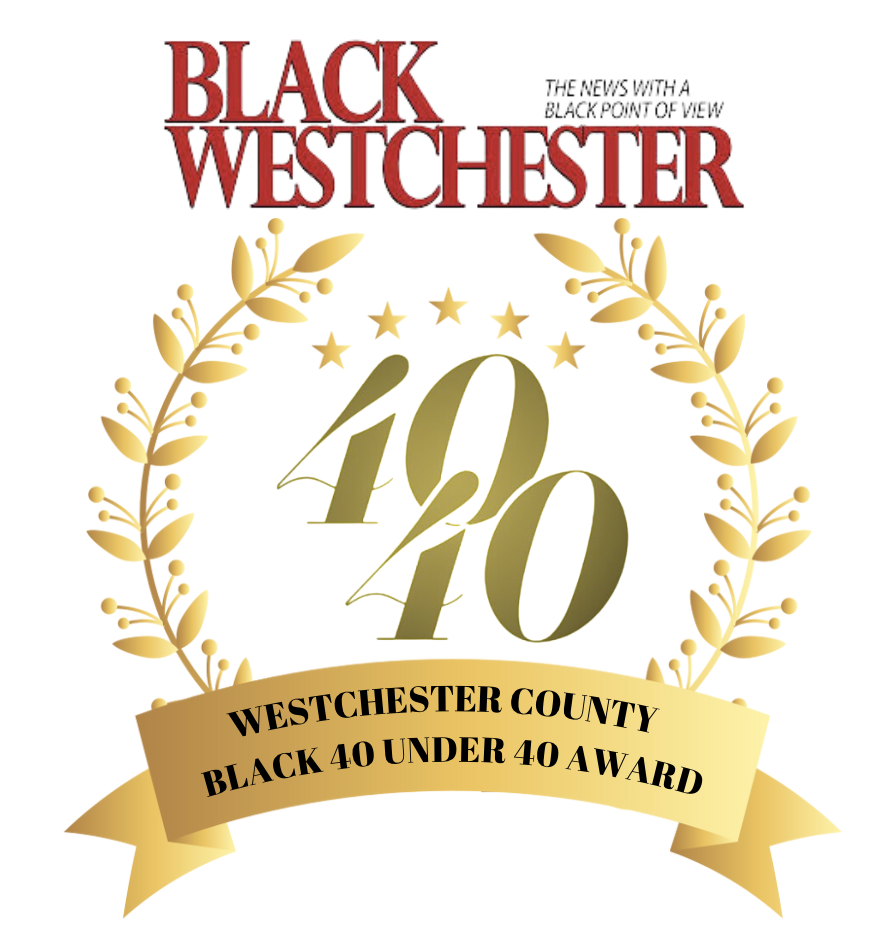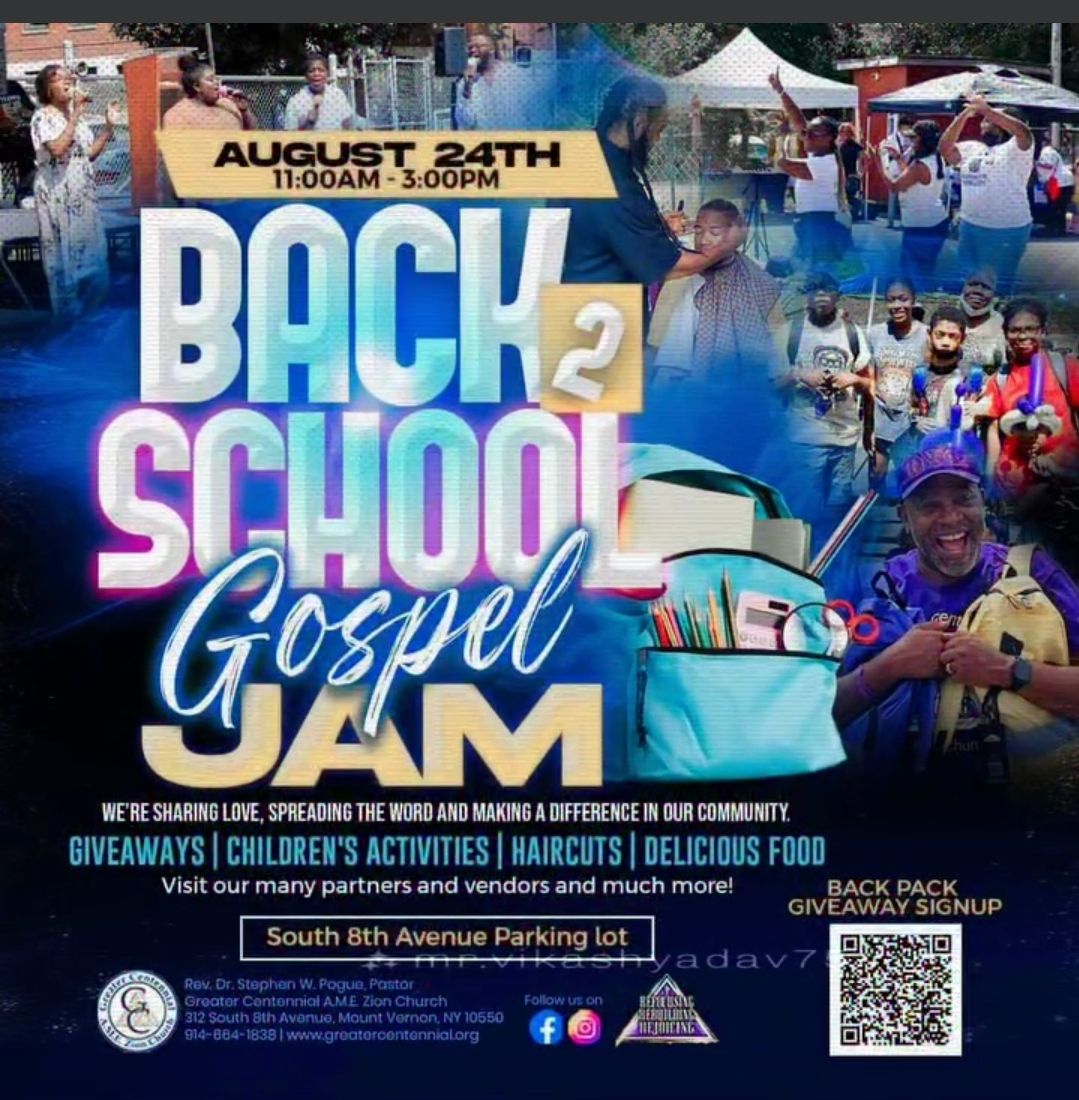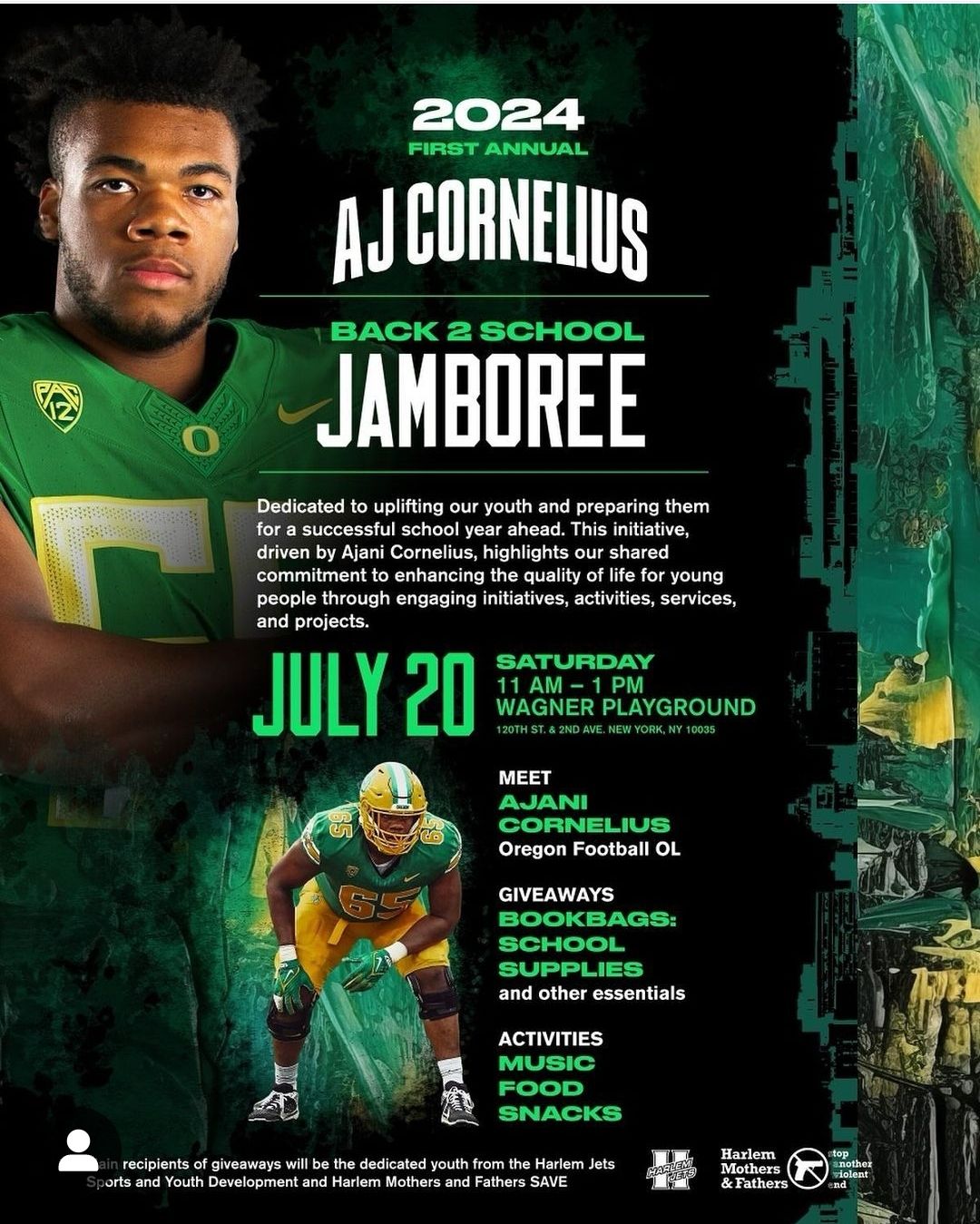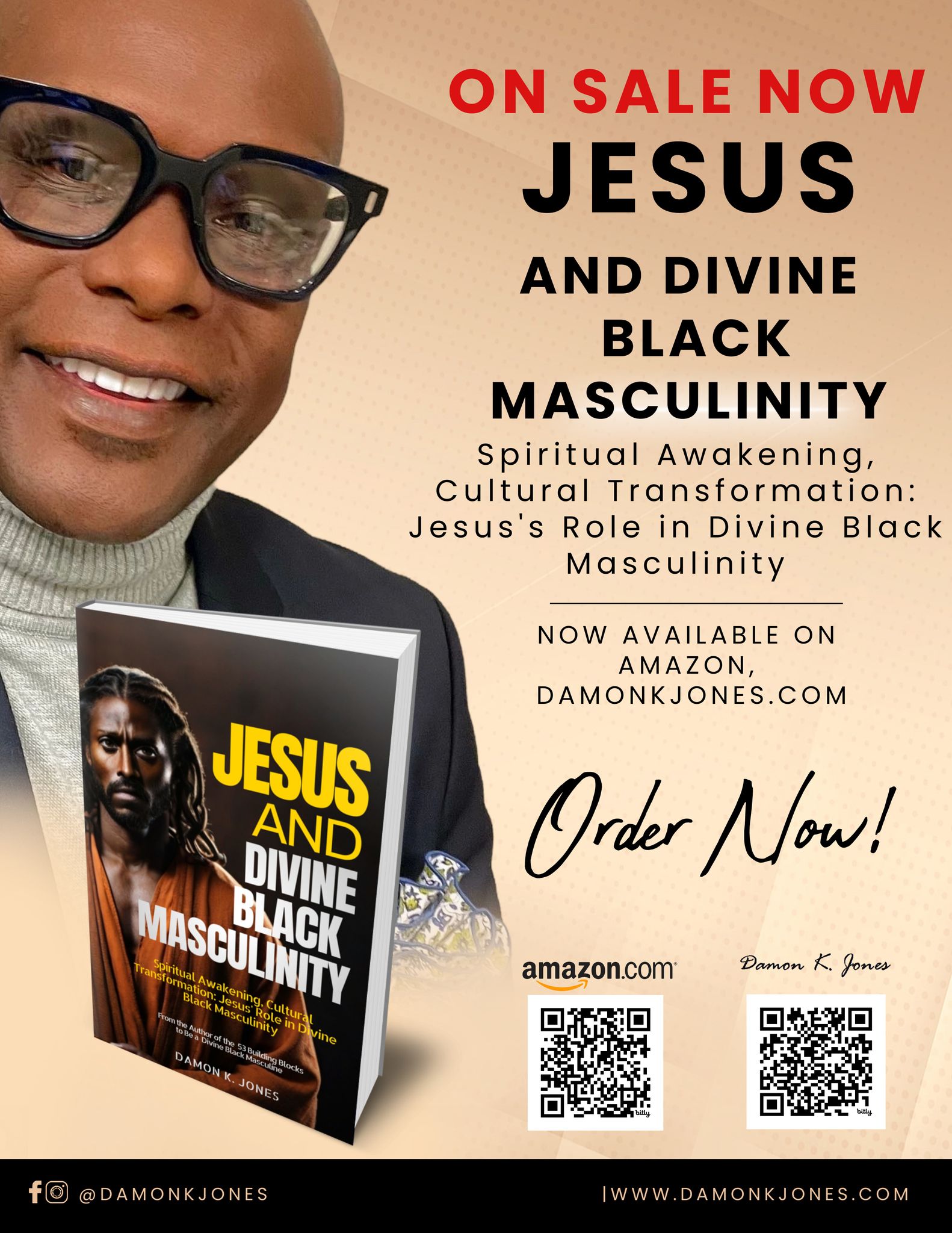Pursuing upward mobility is a universal aspiration in a world characterized by socioeconomic disparities and challenges. However, for Black men in the United States, this journey is often fraught with obstacles that require multifaceted strategies and support systems. Research sheds light on the significance of two key factors that play a crucial role in the upward mobility of Black men: regular house of worship attendance and marital status. This article delves into the findings of these studies, highlighting the positive impact of attending house of worship services and maintaining a stable marital status on the economic prospects of black men.
The Path to Upward Mobility
Upward mobility, defined as improving one’s economic and social standing over time, is a complex and challenging journey for many individuals, particularly those from marginalized communities. For Black men, historical and structural barriers have often impeded their progress, making the pursuit of economic success a daunting task. However, recent research has unveiled two significant factors that can contribute to breaking down these barriers and facilitating upward mobility: church attendance and marital status.
Regular House of Worship Attendance and Upward Mobility
Regular attendance of houses of worship has long been a cornerstone of Black communities, serving as a place of spiritual nourishment, social support, and empowerment. Recent studies have shown that this tradition holds a powerful key to upward mobility for black men. The data reveals a strong correlation between church attendance at a young age and reaching the middle class or higher in their fifties.
According to research, 53% of black men who attended church services as young men successfully achieved middle-class status or higher in their fifties. In contrast, only 43% of those who did not attend church services reached a similar level of economic stability. These findings underscore the importance of faith-based communities and their role in nurturing values, resilience, and social networks that can aid in overcoming economic challenges.
One potential explanation for this phenomenon is the social and moral values instilled within faith-based communities. Regular attendees of houses of worship often develop a strong sense of personal agency and resilience, traits that are instrumental in navigating the complexities of upward mobility. Additionally, the supportive networks formed within church congregations can provide valuable resources, mentorship, and opportunities for career advancement.
Marital Status and Economic Status
Another crucial aspect of upward mobility for Black men is their marital status. Research demonstrates a strong association between marital status and economic outcomes at midlife. Marital stability plays a significant role in determining the economic prospects of black men, with profound implications for their ability to reach the middle class.
Approximately 70% of married Black men are middle class by midlife. This is a stark contrast to only 20% of never-married Black men and 44% of divorced Black men who achieve a similar economic status. These statistics underscore marriage’s critical role in providing economic stability and support for Black men on their path to upward mobility.
The reasons behind these disparities are multifaceted. Marriage often brings financial benefits through shared expenses, dual incomes, and the potential for wealth accumulation over time. Furthermore, stable marriages can provide emotional support, enhancing an individual’s ability to pursue career opportunities, invest in education, and make long-term financial decisions.
The Intersection of Church Attendance and Marital Status
Interestingly, the impact of church attendance and marital status on upward mobility is even more pronounced when these two factors intersect. Black men who attend church regularly and are married have a higher likelihood of achieving middle-class status or higher in their fifties compared to those who do not attend church and are not married.
This intersection highlights the synergy between faith-based communities and family structures. Church communities often prioritize strong family bonds and provide a supportive environment for married couples. These dual sources of support can create a robust foundation for black men striving to improve their economic status.
The Black Faith Experience Promotes Black Love with Black Women
An analysis of census data conducted by Toldson and Marks reveals that a significant majority of economically successful Black men maintain relationships with Black women, which is often attributed to their regular attendance at houses of faith.
In fact, the data shows that 83% of married Black men who earn an annual income of at least $100,000 choose to marry Black women. This pattern extends beyond income levels and holds true for educated Black men from all income backgrounds. An impressive 85% of Black male college graduates opt for Black women as their life partners regardless of their income. In general, a striking 88% of married Black men, irrespective of their income or educational history, have Black wives.
These statistics challenge the notion that interracial marriage is solely responsible for the perception of Black women being left without suitable partners. The data underscores that, for the vast majority of successful Black men, commitment to Black women remains solid and consistent, countering the stereotype of abandonment. Regularly attending houses of faith is often cited as a contributing factor in preserving these connections within the Black community.
Policy Implications
The findings regarding the importance of church attendance and marital status in black men’s upward mobility carry significant policy implications. It is crucial for policymakers and community leaders to recognize the potential of faith-based organizations and marriage support programs in promoting economic empowerment for black men.
- Promoting Houses of Faith Attendance: Encouraging young Black men to attend church services can be a valuable strategy for fostering personal agency, social support, and resilience. Government initiatives, community partnerships, and youth programs can help facilitate access to faith-based communities.
- Strengthening Marriage Support: Programs that offer marital counseling, relationship education, and support for Black couples can contribute to more stable marriages. Promoting healthy relationships within the Black community can profoundly impact economic outcomes.
- Intersectional Approaches: Recognizing the synergy between church attendance and marital status, it is essential to develop intersectional strategies that target both factors simultaneously. Combining faith-based community engagement with marriage support programs can maximize their effectiveness.
- Education and Skill Development: While church attendance and marriage are essential, education and skill development remain crucial for black men’s upward mobility. Initiatives that provide access to quality education, vocational training, and job opportunities should complement efforts to strengthen faith and family ties.
Achieving upward mobility for Black men in the United States is a complex and multifaceted challenge. Yet, recent research underscores the crucial influence of two key factors, regular church attendance and marital status, shedding light on the pathways to economic success. For Black men seeking success, attending Sunday service may be more beneficial than indulging in Sunday brunch.
The research shows that Black men who regularly attend houses of worship services and maintain stable marriages are significantly more likely to attain middle-class status or higher when they reach their fifties. This shift in economic outcomes represents a promising step toward dismantling historical barriers that have long impeded their progress.
Recognizing the importance of these factors, policymakers and community leaders have a unique opportunity to implement targeted programs designed to enhance the appeal of attending houses of worship for Black men. These initiatives aim to establish a supportive environment that fosters the holistic development of Black men and promotes healthy marriages within the Black community. By pursuing these actions, they can play an active role in shaping a more promising and prosperous future for Black men and their families, ultimately advancing the cause of more significant equity and social justice within society as a whole.










